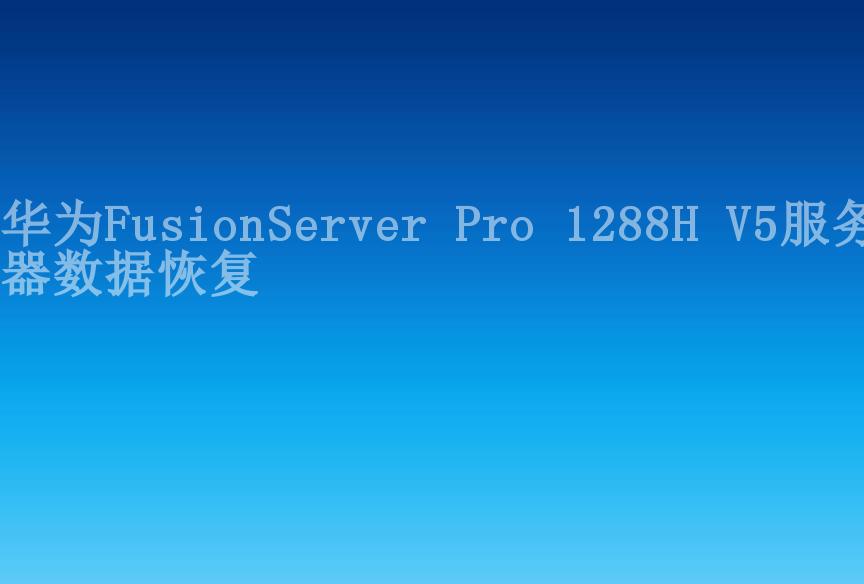取消hyper-v找不到引用的汇编 (解决方法与步骤)
下面内容仅为某些场景参考,为稳妥起见请先联系上面的专业技术工程师,具体环境具体分析。
2023-09-19 23:14 108
Virtualization technology has brought numerous benefits to enterprises, enabling them to optimize resource usage, improve scalability, and enhance disaster recovery capabilities. One of the popular virtualization platforms, Hyper-V, developed by Microsoft, has gained significant popularity due to its advanced features and seamless integration with Windows operating systems. In this article, we will explore the impact of Hyper-V on businesses and its future development.
Adoption of Hyper-V in Enterprises:
1. Advantages in Diverse Industries: - Healthcare: Hyper-V allows healthcare organizations to consolidate their servers, reduce hardware costs, and provide a secure environment for storing patient data. - Education: Educational institutions can leverage Hyper-V to create virtual classrooms, deploy multiple operating systems for teaching purposes, and streamline IT infrastructure management. - Finance: Financial institutions can achieve better data security and regulatory compliance by virtualizing critical applications and isolating them from other systems.
2. Case Study: Company XYZ Company XYZ, a medium-sized manufacturing firm, decided to implement Hyper-V to improve their IT infrastructure. By virtualizing their servers, they were able to reduce their physical server count, lower cooling and power costs, and improve disaster recovery capabilities. Moreover, consolidating their servers enabled them to optimize resource utilization and provide a more reliable and scalable infrastructure.
Key Features and Benefits:
1. Scalability and Performance: - Hyper-V enables businesses to scale their virtual environment seamlessly, allowing for the addition of more virtual machines (VMs) to meet growing demand. - Live Migration feature facilitates workload balancing and allows VMs to be moved between physical hosts without any disruption to running applications.
2. Simplified Management: - Hyper-V Manager, a built-in management tool, provides a user-friendly interface to create, configure, and manage virtual machines. - PowerShell commands enable automation of repetitive tasks, simplifying ongoing management and maintenance.
3. Disaster Recovery: - Hyper-V Replica feature enables businesses to replicate VMs to a remote location, providing a cost-effective disaster recovery solution. - In the event of a failure, VMs can be quickly brought online at the secondary site, minimizing downtime.

Future Development of Hyper-V:

1. Enhanced Integration with Cloud Services: - Microsoft is actively working on improving integration between Hyper-V and Azure cloud services, enabling businesses to seamlessly extend their on-premises infrastructure into the cloud.
2. Improved Containerization Support: - Containerization technologies, such as Docker, are gaining popularity. Microsoft is investing in improving container support on Hyper-V, allowing businesses to leverage the benefits of containerization while utilizing the features of Hyper-V.
3. Increased Security: - Microsoft will continue to enhance security features in Hyper-V, ensuring businesses can protect their virtual environments from emerging threats and vulnerabilities.
FAQ:
1. Can Hyper-V be used on non-Windows operating systems? No, Hyper-V is a Microsoft technology and can only be installed on Windows Server operating systems.
2. Does Hyper-V require specific hardware configurations? Hyper-V has specific hardware requirements, including virtualization support in the CPU and sufficient RAM and storage for running virtual machines.
3. Can Hyper-V be used in a multi-cloud setup? Yes, Hyper-V can be used in conjunction with other cloud platforms to create a hybrid or multi-cloud environment.
4. Is Hyper-V suitable for small businesses? Yes, Hyper-V is suitable for businesses of all sizes. However, smaller businesses may benefit from using a hosted virtualization solution rather than setting up and managing their own infrastructure.
5. What are the licensing requirements for Hyper-V? Licensing for Hyper-V is based on the Windows Server edition being used. It is important to ensure proper licensing compliance to avoid any legal issues.
In conclusion, Hyper-V provides businesses with a powerful virtualization platform that offers scalability, simplified management, and robust disaster recovery capabilities. With ongoing development and integration with cloud services, Hyper-V will continue to be a vital tool for businesses seeking to optimize their IT infrastructure and adapt to changing business needs.












